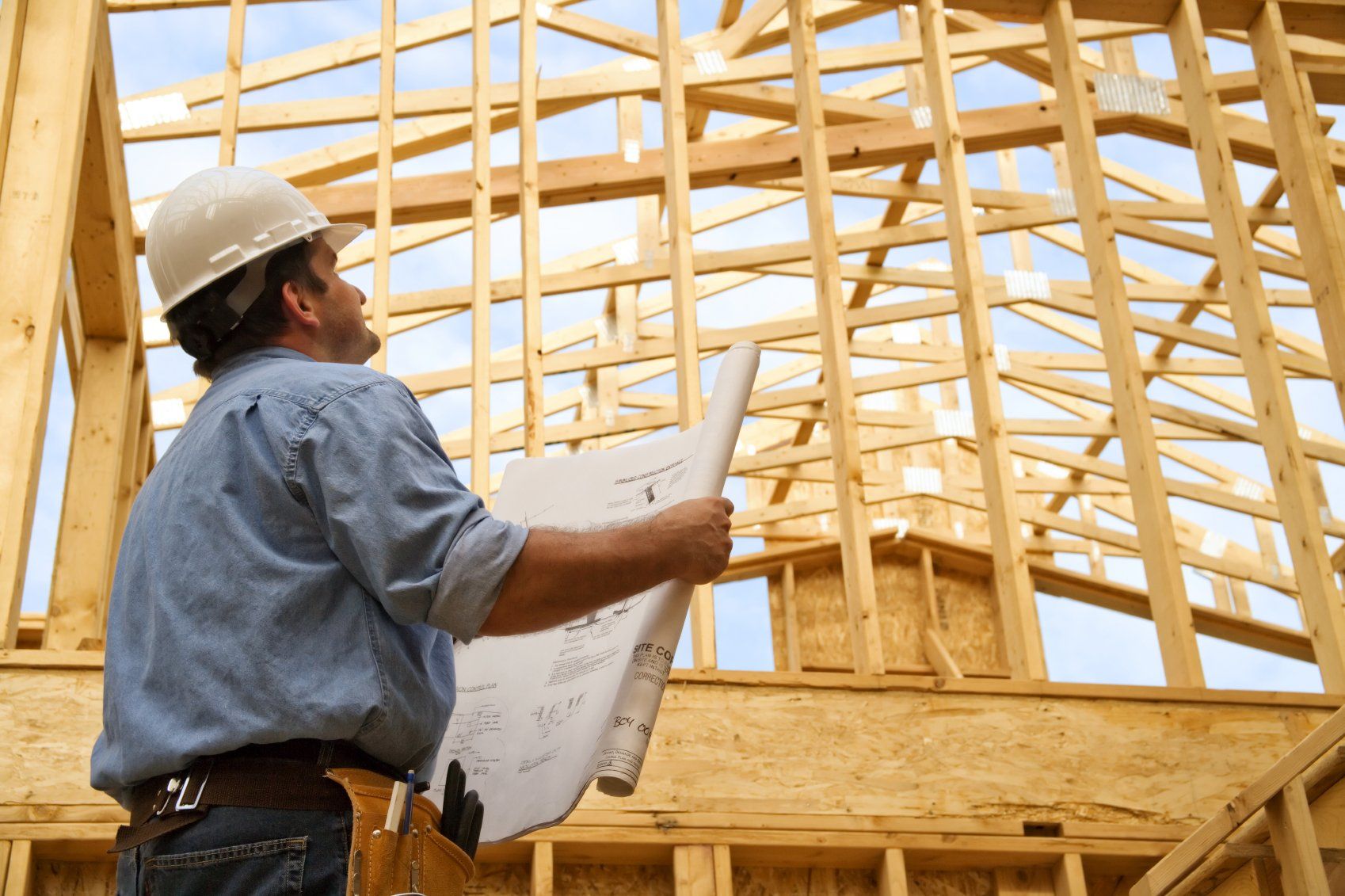Does Anyone Regulate Home Inspectors in Texas?
Yes. Home inspectors are licensed by the Texas Real Estate Commission. Inspectors are required to use a common form and follow certain standards of practice.

Does Anyone Regulate Home Inspectors in Texas?
Yes. Home inspectors are licensed by the Texas Real Estate Commission. Inspectors are required to use a common form and follow certain standards of practice.

What is a home inspection?
A home inspection is an objective visual examination of the physical structure and systems of a house, from the roof to the foundation.
The inspector usually looks at the foundation, roof, attic, walls, ceilings, windows, doors, and any attached decks or porches. He will also inspect the electrical, heating, air conditioning, and plumbing systems. Keep in mind that the inspector examines only what is visible and accessible. He’s not moving appliances or climbing onto a steeply pitched roof. He will report cracks in a wall but won’t be able to examine a slab foundation underneath wall-to-wall carpet or hardwood floors. Your inspector may find an issue that you would like inspected by a specialist, such as a structural engineer or plumber.
On average, a single-family home inspection usually takes 2-4 hours to complete, though this is heavily dependent on the of the size and condition of the home. After the inspection process, the inspector will send the client an inspection report (often within 24-48 hours) that covers their findings, complete with pictures, analysis and recommendations.

Do the homebuyers have to be there?
It is not required for the homebuyer to be present for the inspection. However, we recommend attending so the homebuyer can receive the most value from their inspection. This allows homebuyers to observe the inspector and ask questions throughout the process. Many homebuyers find that talking with their inspectors gives them a better understanding the condition of the home and how to maintain it.
Can a house fail a home inspection?
A professional home inspection is an examination and objective assessment of the current condition of a house. A home inspector will not pass or fail a house, but rather describe its physical condition and indicate what components and systems may need major repair or replacement. A home inspection is not an appraisal and will not determine the home's market value. It is also not a municipal inspection and does not verify local code compliance.
Why should I get a home inspection?
Buying a home is typically the biggest investment you will ever make, so it's important to get a home inspection because the inspector should be able to discover and document defects that may or may not be obvious to you as a prospective buyer. Such defects can range from simple replacements or repairs, to severe damage or safety and health concerns. Additionally, most mortgage companies require a home inspection on a property before approving the home loan.
How much does a home inspection cost?
There is no set cost for a home inspection. The cost will vary based on the inspector, the local market, the geographic region, the scope of the inspection to be performed, and more. Before the inspection, you should find out what will be included in the inspection and what won't, and these details should also be outlined in the inspection agreement that you will need to sign prior to the inspection.
How long does a home inspection take?
Depending on the home's age, size, and location, as well as the home inspector's own work protocols and ethic, your home inspection may take up to three hours. Adding square footage, outbuildings, and/or ancillary services (such as mold or radon testing) will increase that time. It may be necessary for your inspector to bring in a helper for a very large property. If your general home inspection takes significantly less than two to three hours, it may indicate that the inspector was not thorough enough.
At what point in the real estate transaction should I schedule a home inspection?
A home inspection is usually scheduled after an offer has been made and accepted, but before the closing date. That way, the inspector can rule out any major defects that could be dangerous or costly. In rare cases—due to timing or contractual issues—the inspection can be scheduled after the closing date. If this is the case, the home buyer should schedule the inspection for the earliest possible date after closing.
Should I be present for the inspection?
You should attend the inspection, and you should reconsider hiring an inspector who doesn't allow this. You can learn a lot by following an inspector through the home. You will certainly gain a better understanding of the home's condition, which will give you insight into its potential sale points and defects. Additionally, you will likely learn information about the home's maintenance, systems and components that may provide useful for the transaction.
Can the home inspector also repair any defects he or she finds?
No. The inspector’s job is to report the condition of various parts of a home. For example, the inspector may report that the water meter still runs when nothing in the house is using water, which could indicate a leak. However, you need to call a plumber to investigate the problem.
**** Sources: nachi.org (INTERNACHI), homeinspector.org (ASHI), texasrealestate.com (Texas Realtors) ****
